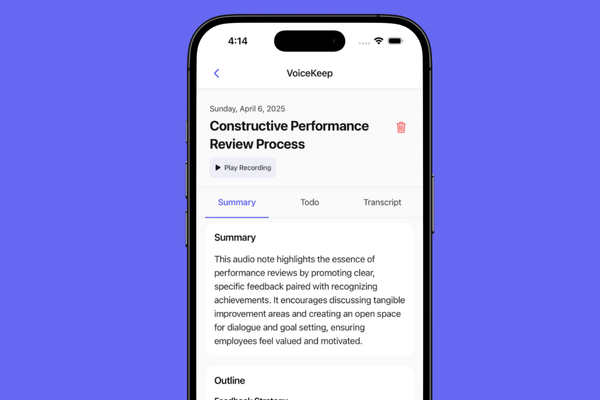

Beeceptor
Mock API Endpoints for Webhook Testing
About this tool
Beeceptor is a versatile tool designed to help developers and testers create custom endpoints for capturing, inspecting, and debugging HTTP requests and webhooks. It offers a range of features that make it easier to test and troubleshoot webhooks, ensuring that they function as expected.
With Beeceptor, users can create mock API endpoints that can receive and process HTTP requests and webhooks. This allows for detailed inspection of the data received and helps identify any errors or issues in the payloads.
One of the key benefits of Beeceptor is its ability to simulate different HTTP status codes, making it easier to test how webhooks handle various responses. Additionally, its collaborative features enable development teams to share and collaborate on debugging sessions efficiently.
For those new to webhooks, understanding what they are and how they work is crucial. A webhook is essentially a service that acts as a middleman for the business logic in applications. It allows for the use of data extracted during a session to generate dynamic responses, validate collected data, or trigger backend actions.
Setting up a webhook with Beeceptor is straightforward. First, create a mock API endpoint URL with Beeceptor, which includes a ready-to-use webhook and allows you to receive a response payload. Ensure that the API endpoint is configured to handle JSON POST requests.
Once your webhook service is operational, you need to create a webhook resource in your agent with connectivity and authentication information. This involves adding a webhook resource to your console, entering the webhook data, and saving it.
It's important to check that the correct webhook endpoint is provided and to further provide request header values for authentication in the request body.
Beeceptor is particularly useful for testing webhooks locally by exposing a local server to a public URL. This allows developers to receive real payloads in their local environment before deploying to production.
Moreover, Beeceptor integrates well with third-party tools, making it a valuable asset for development and testing workflows. Its ability to work with both HTTP and HTTPS protocols ensures flexibility across different development environments.
In summary, Beeceptor is a powerful tool for webhook testing and debugging. Its features, such as custom endpoint creation, request logging, and response customization, make it an essential tool for ensuring reliable communication between web applications.
